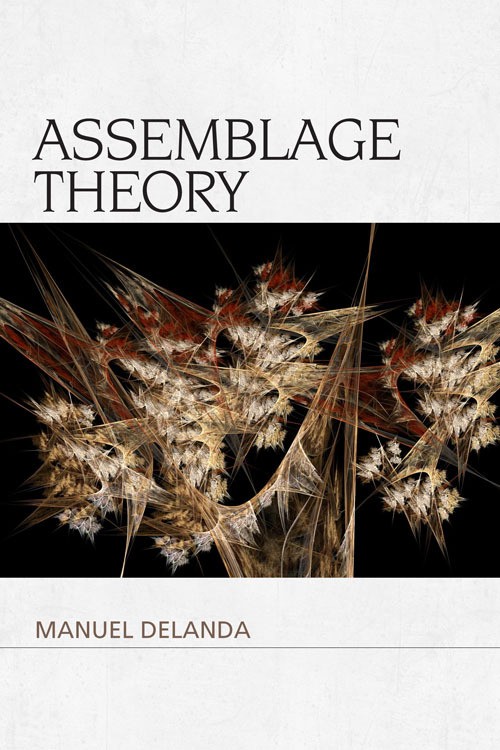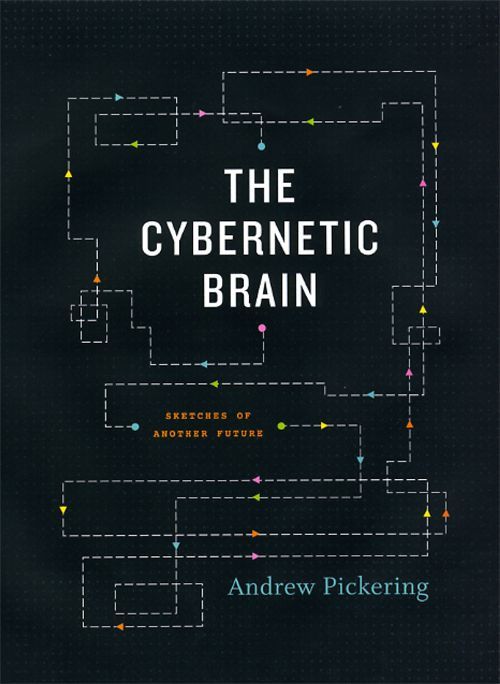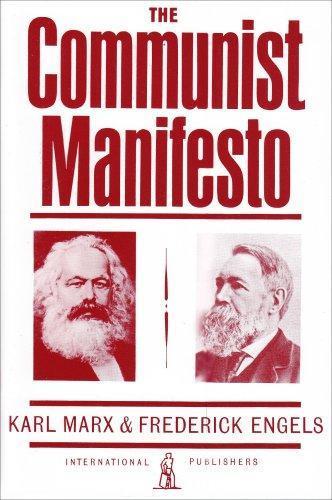I'm finally done!
4 stars
I finished Assemblage Theory! I thought this day would never come. Good book though, just feels a little repetitive sometimes.
It's very transdisciplinary which I really like (similar to ATP). I made a (sort of) joke about looking for a "Deleuze and Guattari for Computer Programers" because there's a book called "Deleuze and Guattari for Architects" and some of Assemblage Theory is sort of that. It talks about cellular automata in one part and specifically goes into Conway's Game of Life and the way that the main requirements to implement turning machines are the ability to implement logic gates.
All in all, I think it's a good work that's linguistically much easier than the works of Deleuze and Guattari, but conceptually certain sections are still really difficult, the main parts that are harder are the last 2 or 3 chapters because they go a lot into the math or physical …
I finished Assemblage Theory! I thought this day would never come. Good book though, just feels a little repetitive sometimes.
It's very transdisciplinary which I really like (similar to ATP). I made a (sort of) joke about looking for a "Deleuze and Guattari for Computer Programers" because there's a book called "Deleuze and Guattari for Architects" and some of Assemblage Theory is sort of that. It talks about cellular automata in one part and specifically goes into Conway's Game of Life and the way that the main requirements to implement turning machines are the ability to implement logic gates.
All in all, I think it's a good work that's linguistically much easier than the works of Deleuze and Guattari, but conceptually certain sections are still really difficult, the main parts that are harder are the last 2 or 3 chapters because they go a lot into the math or physical foundations/applications of assemblage theory.





